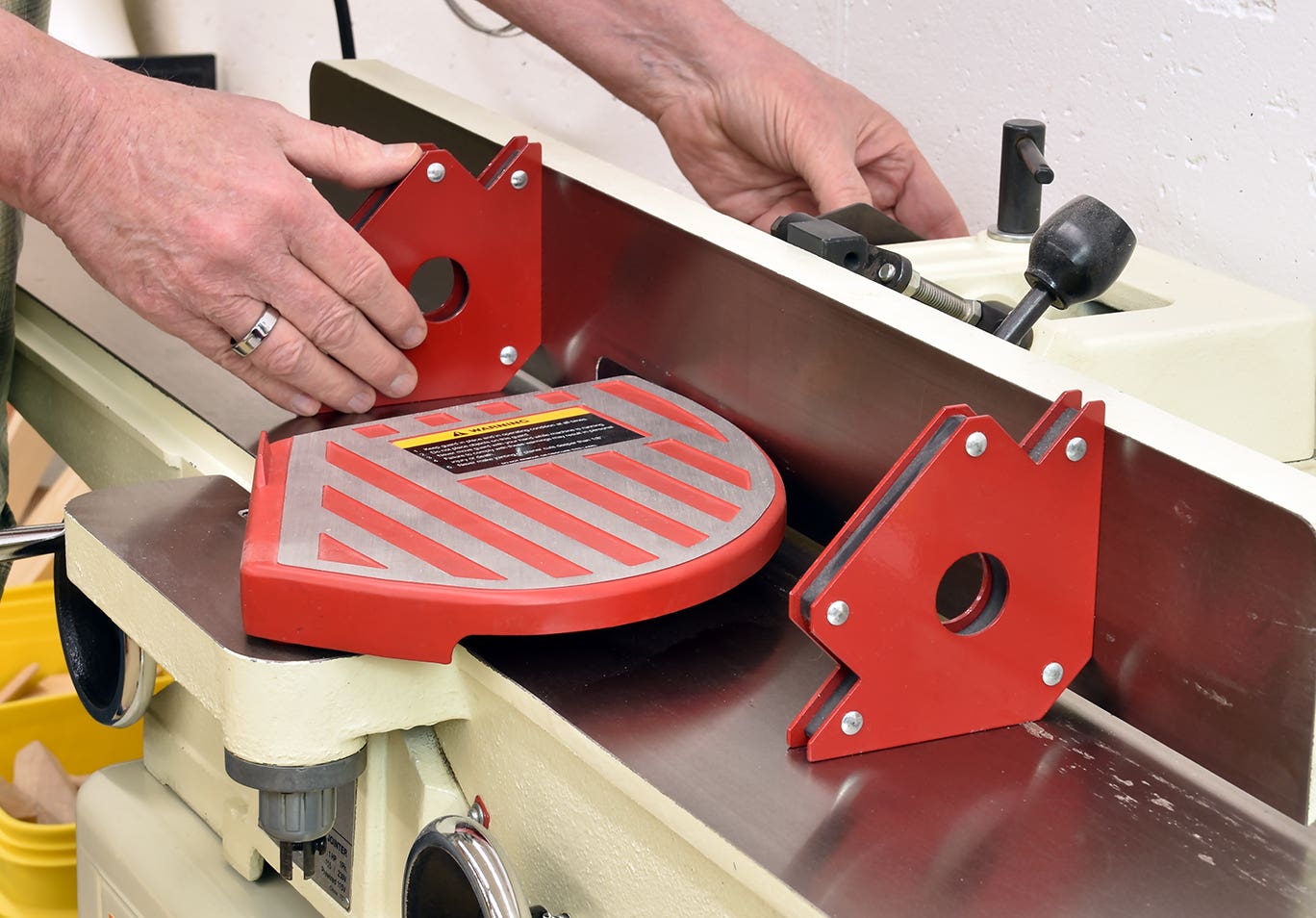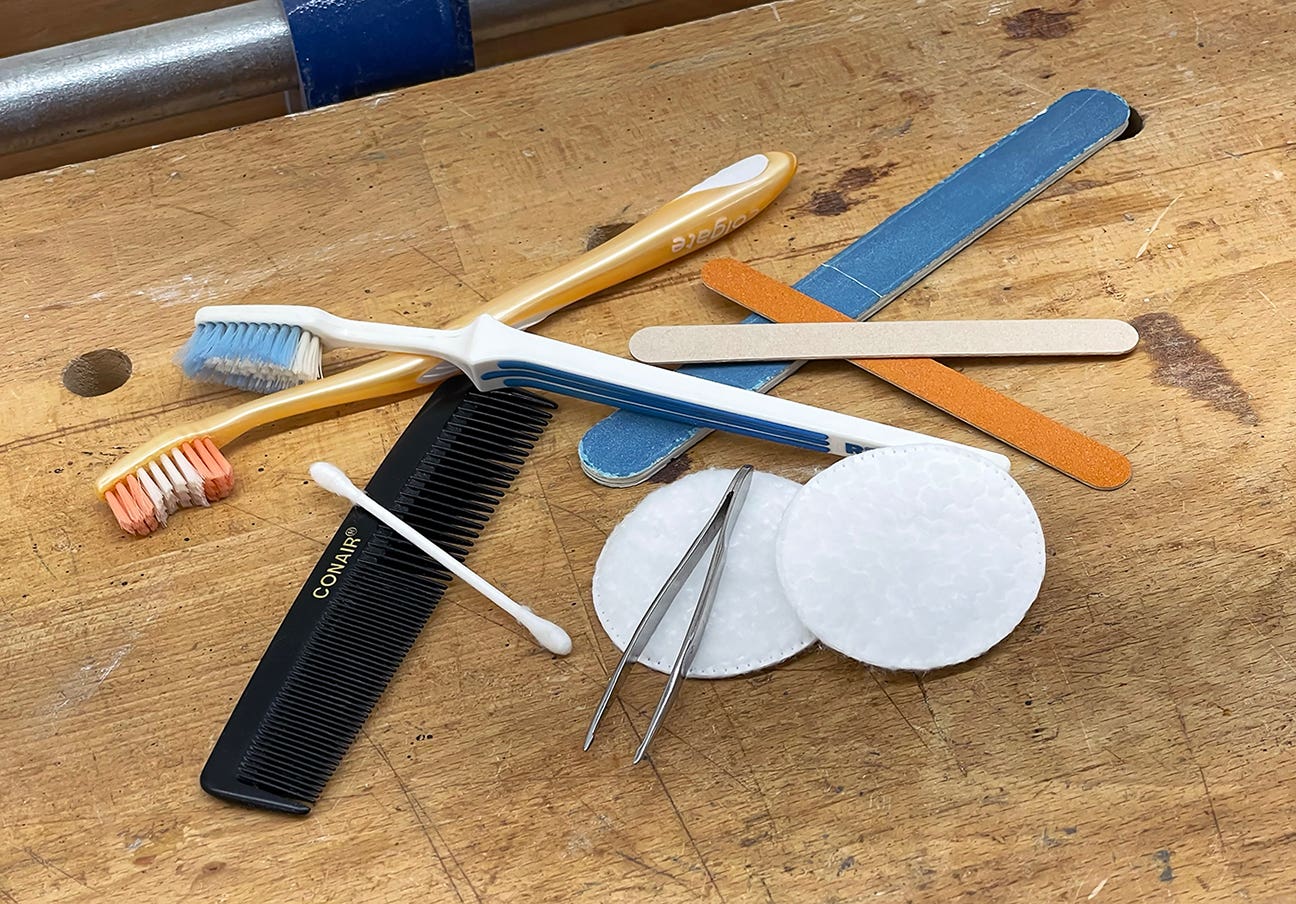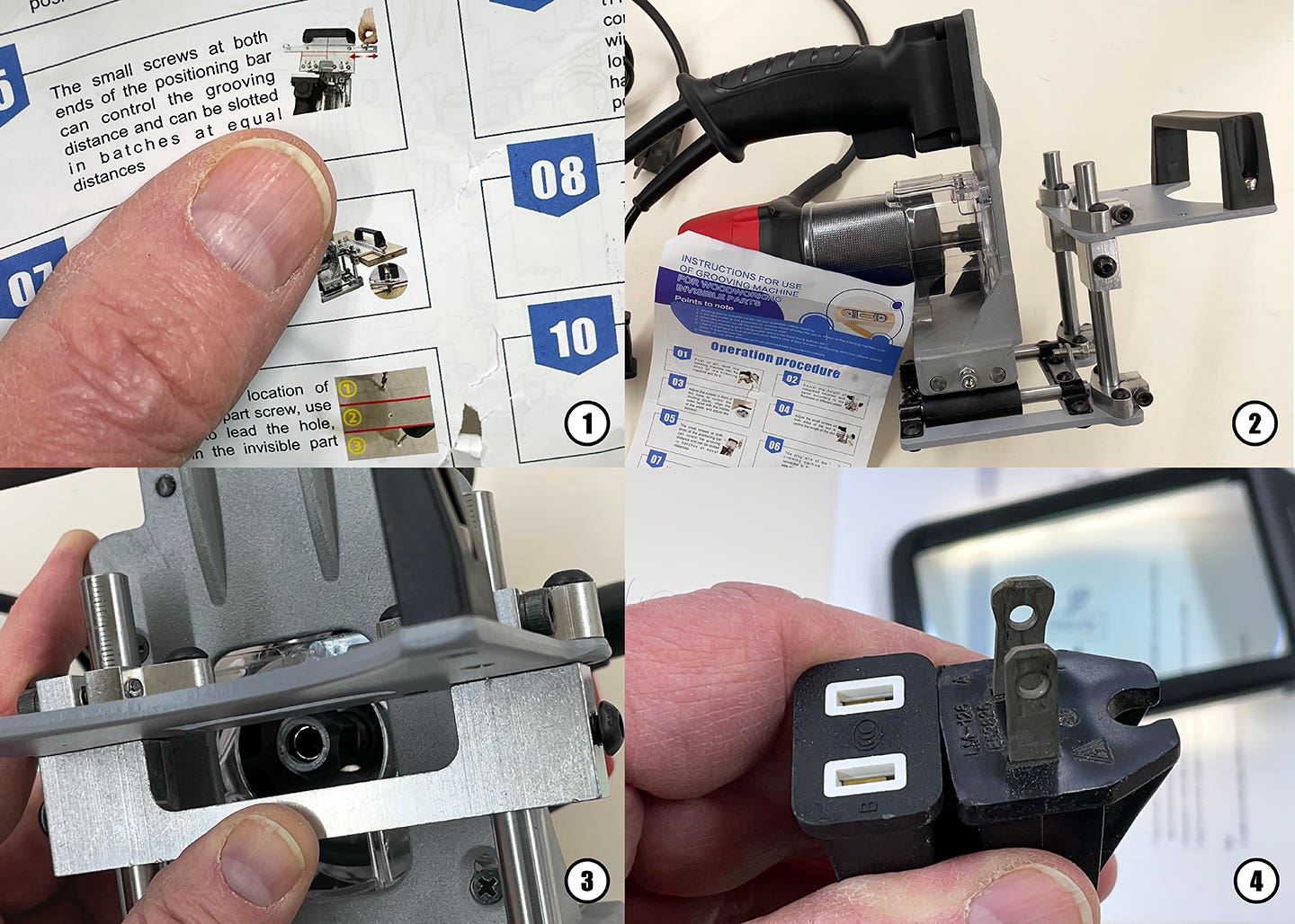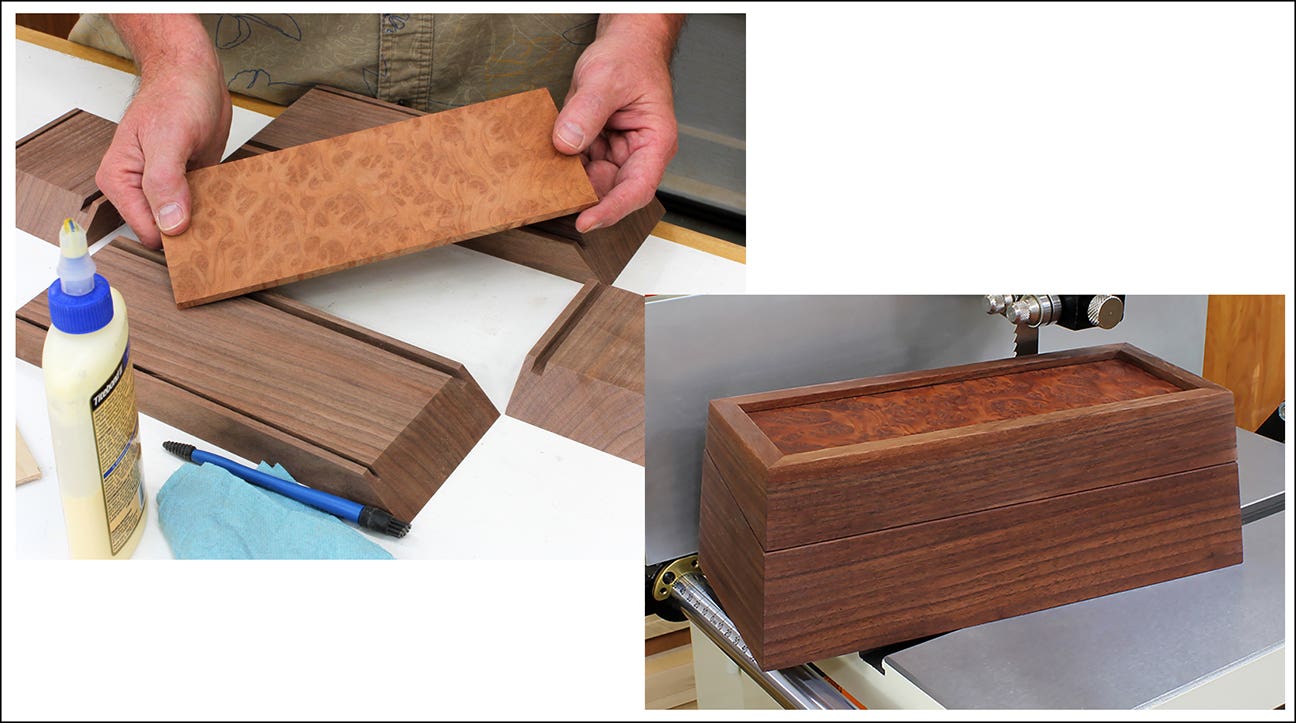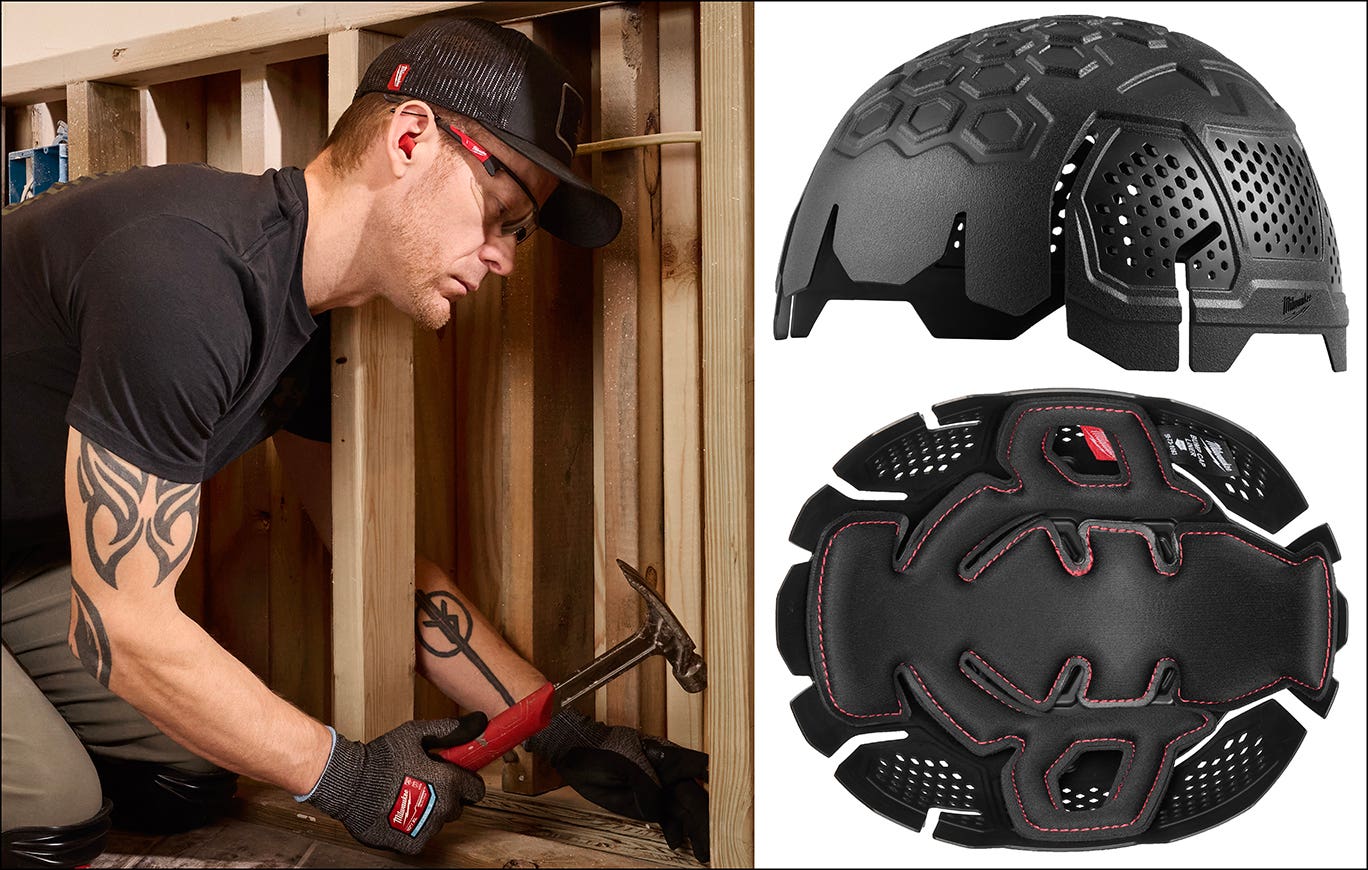Stay on top by planning for highs and lows
Some of you are probably wondering why we should start planning now for the next recession when we are still struggling with this current one. I can completely understand this,…
Some of you are probably wondering why we should start planning now for the next recession when we are still struggling with this current one. I can completely understand this, but let me assure you there is no time like the present to plan for the future. A good place to start is with a positive attitude, which is very important in trying times such as these. As difficult as that might be, just remember you had nothing to do with starting this recession and a positive attitude will help you deal with its fallout.
{loadposition position10}
It's amazing how fast these tough times will be forgotten once the economy improves and returns to normal levels. And waiting to deal with the problems of the recession after the fact is not nearly as effective as tackling obstacles before they hit. This is not the first recession, nor the last. Every seven to 10 years, the economy resets itself and normally this resetting takes one to three years. Don't use the highs or the lows as your parameters, but the average times to judge how your business is doing and where you need to take it.
Set a steady course
During the boom times of 2004-2006, when work was abundant, you may have expanded your business by purchasing or leasing extra equipment, adding or renting extra space, hiring more employees or raising the salaries of those people already working for you because plenty of money was coming in. You may have even taken out a loan for your business. Those years were not normal for the building industry, just like today isn't normal either. I would suggest you try to keep a more even workload, planning expansion, machinery purchases and adding new employees based on normal years. That's not to say you shouldn't take advantage of any extra work that comes your way. It's important not to turn away present and future clients. But be realistic before committing to long-term extra costs. By giving overtime to your current employees or hiring temporary help, and reorganizing your shop layout and compartmentalizing for more efficiency, you will allow the extra work to be completed without incurring long-term costs.
Another way to keep your costs within budget is to develop good relationships with other shops that can handle all or part of certain jobs when there is an excess amount of work. This allows you to maintain good relationships with your clients and help another shop in the process, which can work to your advantage should these shops then pass their extra work to you the next time they are overloaded.
Good relationships with your clients can not be overemphasized. Make sure that relationships are maintained by providing clear drawings, finish samples, costs and timelines, always keeping them informed along the way of any problems or changes so there are no surprises. Happy clients today are your future clients tomorrow. And satisfied clients often pass along recommendations to their friends. During a recession, you definitely want to be the shop that people are talking about in a good way.
Proper planning
The need to have a realistic and clear business plan is a must, knowing where you want your business to be in a year, five years and even 10 years from today. Take into consideration your personality, your location and the market you wish to tap. Plan your shop around your goals and the normal housing market in your targeted area.
Your administrative duties must be maintained. Estimates, job costs, work flow, overhead costs and profits should be documented and updated on a regular basis. It's very important to know where you stand financially at any given time so adjustments can be made as the economy falters or recovers. This financial preparedness is crucial for the large shop as well as the small shop. Even a one- or two-man shop needs to be aware of their profits and losses.
Maintaining financial stability, keeping your clients satisfied and having a well-planned shop with clear goals based on the average or normal business cycle is essential to riding out the recession and thriving during a good economy. To make a reliable income and enjoy your life to the fullest, keep to the middle ground. And don't forget to keep a positive attitude.
David Frisk owns a custom woodworking business in Encinitas, Calif.
This article originally appeared in the December 2010 issue.


